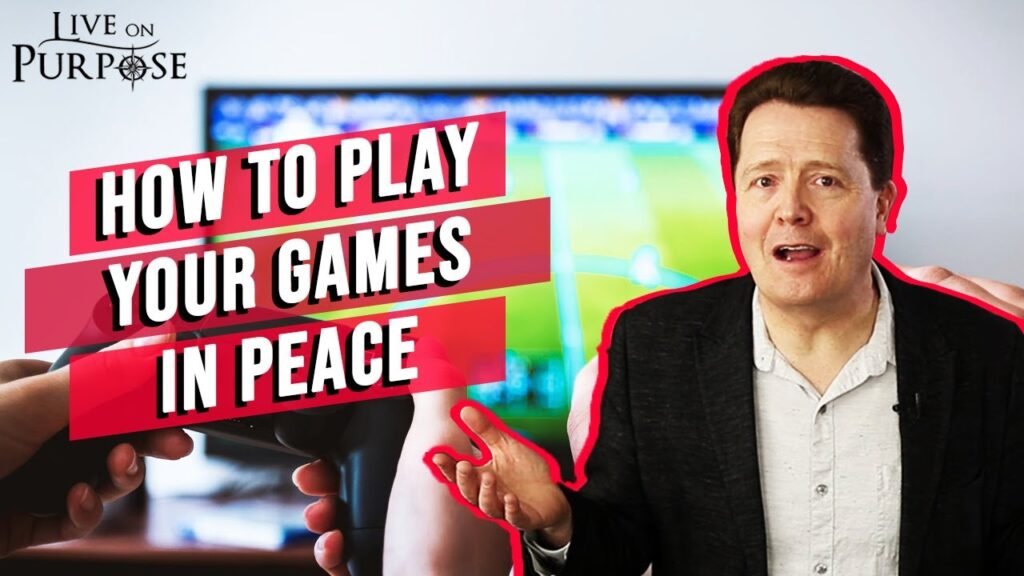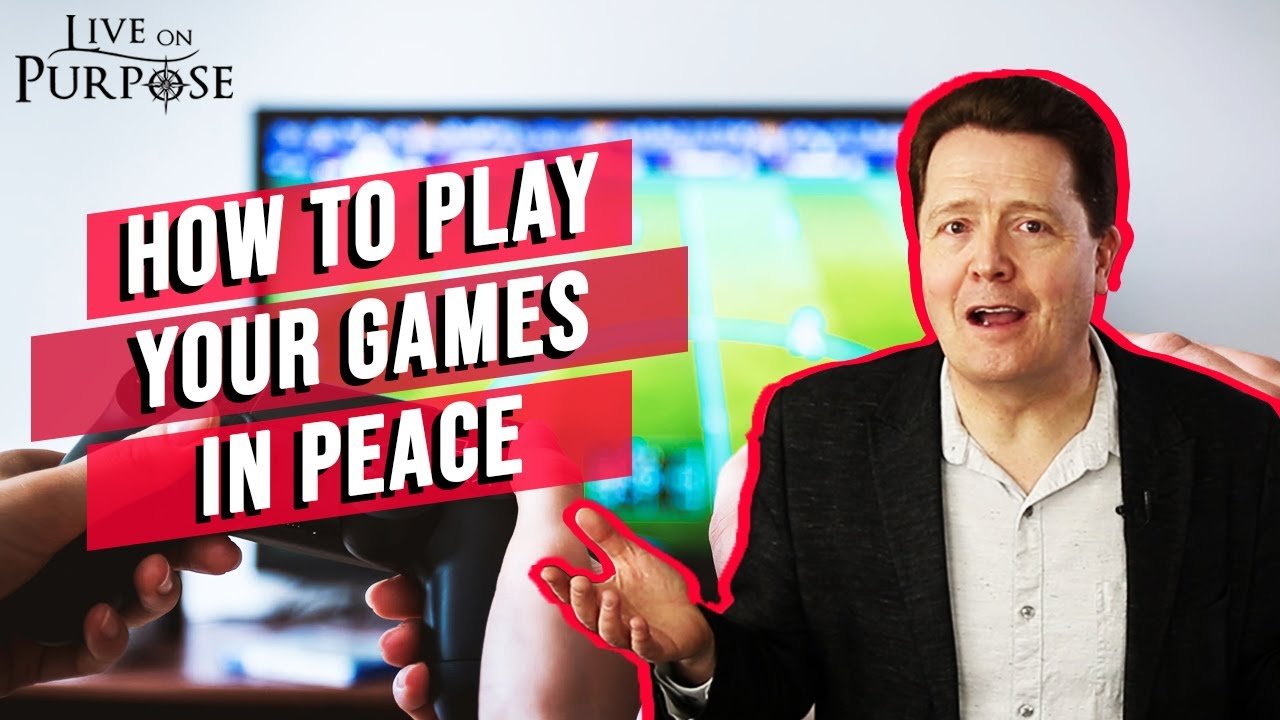Are your parents being strict when it comes to playing video games? Well, you’re not alone! In this video titled “Why Your Parents Won’t Let You Play Video Games,” you’ll discover some valuable insights on parent psychology and how to handle this issue with your parents. The psychologist, Dr. Paul Jenkins, provides three practical tips to help you navigate the situation better and improve your relationship with your parents. Understanding the concept of opportunity cost, learning to self-limit, and effective communication techniques are the key strategies discussed in the video. So, get ready to gain a better understanding of your parents’ perspective and how you can work together towards finding a balance between gaming and other important aspects of your life.

Understanding Parent Psychology
As a teenager, it can be frustrating when your parents won’t let you play video games like your friends do. However, it’s important to try and understand their perspective. Parent psychology plays a significant role in their decision-making process, and when you understand how they think, you can work with them in a way that will have them working with you a little better.
Parental Love
First and foremost, it’s essential to recognize that your parents love you. Even if they don’t always know how to set limits and rules effectively, their intentions come from a place of love and a desire to do the best job they can to raise you. They may not always express it in a way that makes sense to you, but deep down, they genuinely care about your well-being and happiness.
Desire for Happiness
The one thing your parents want more than anything else for you is to be happy. They have all kinds of ideas about what will bring you happiness, and they watch your choices closely to see if you’re making decisions that will lead you towards a fulfilling and joyful life. While video games may be enjoyable and fun for you, your parents need to see that you’re engaging in activities that contribute to your overall happiness and productivity.
Tips for Handling Video Game Restrictions
Dealing with video game restrictions can be challenging, but with these three tips, you can navigate this issue with your parents more effectively.
Tip 1: Understand Opportunity Cost
Opportunity cost refers to what you give up when you make a choice. For example, if you spend your money on a new video game, you lose the opportunity to spend that money on other things you might want. In the same way, how you spend your time on video games means you don’t get to spend it on other activities.
Your parents may not be overly concerned about the games you’re playing, but what worries them is what you’re not doing while you’re immersed in the virtual world. By recognizing and acknowledging the idea of opportunity cost, you can better understand your parents’ perspective and show them that you’re aware of the trade-offs involved.
Tip 2: Learn to Self Limit
Sometimes parents feel the need to control their children’s activities because they observe a lack of self-control. Learning to self limit is a crucial aspect of maturity that can help alleviate their concerns. By taking the initiative to set limits on your video game time, you can demonstrate to your parents that you are responsible and capable of making good decisions.
Try using a timer to establish boundaries for your gaming sessions. For example, you could set a half-hour timer and commit to turning off the game once it goes off. While it may be challenging to stop playing when you’re in the middle of a game, showing your parents that you can self limit will lessen their need to impose strict rules.
Tip 3: Communicate with Your Parents
Having open and honest communication with your parents is essential in resolving any conflicts or misunderstandings. Talk to your parents about your concerns and thoughts, and let them know that you understand their perspective.
For example, you can bring up the concept of opportunity cost during a family dinner and express how you’ve been considering the trade-offs involved in playing video games. This demonstration of maturity and thoughtfulness will surprise your parents, and they will be more likely to respect your viewpoint.
Additionally, communicate your efforts to self limit and share how you’ve set time limits for yourself during gaming sessions. This will further reinforce the idea that you are taking responsibility for your actions and prove that their concerns are being taken seriously.
Impact of Understanding Parent Psychology
By taking the time to understand parent psychology and implementing the tips mentioned above, you can experience a significant impact on your relationship with your parents and their perception of video games.
Parents Will Be Less Controlling
When your parents witness your efforts to understand their perspective, show responsibility, and communicate effectively, they will feel more at ease. They will be less likely to impose strict restrictions or control your gaming activities because they can see that you are making an effort to find a balance between gaming and other responsibilities.
Improved Relationship with Your Parents
Understanding parent psychology and using the tips provided can lead to an overall improvement in your relationship with your parents. They will appreciate your maturity, respect your autonomy, and trust you to make decisions that contribute to your well-being. This increased trust and understanding can foster a more positive and harmonious relationship between you and your parents.
In conclusion, while it may be frustrating when your parents restrict your video game time, it’s important to approach the situation with empathy and understanding. By grasping the concept of parent psychology, implementing self-limiting strategies, and engaging in effective communication, you can work towards finding a compromise that satisfies both you and your parents. Remember, they love you and want the best for you, even if it doesn’t always feel that way.

